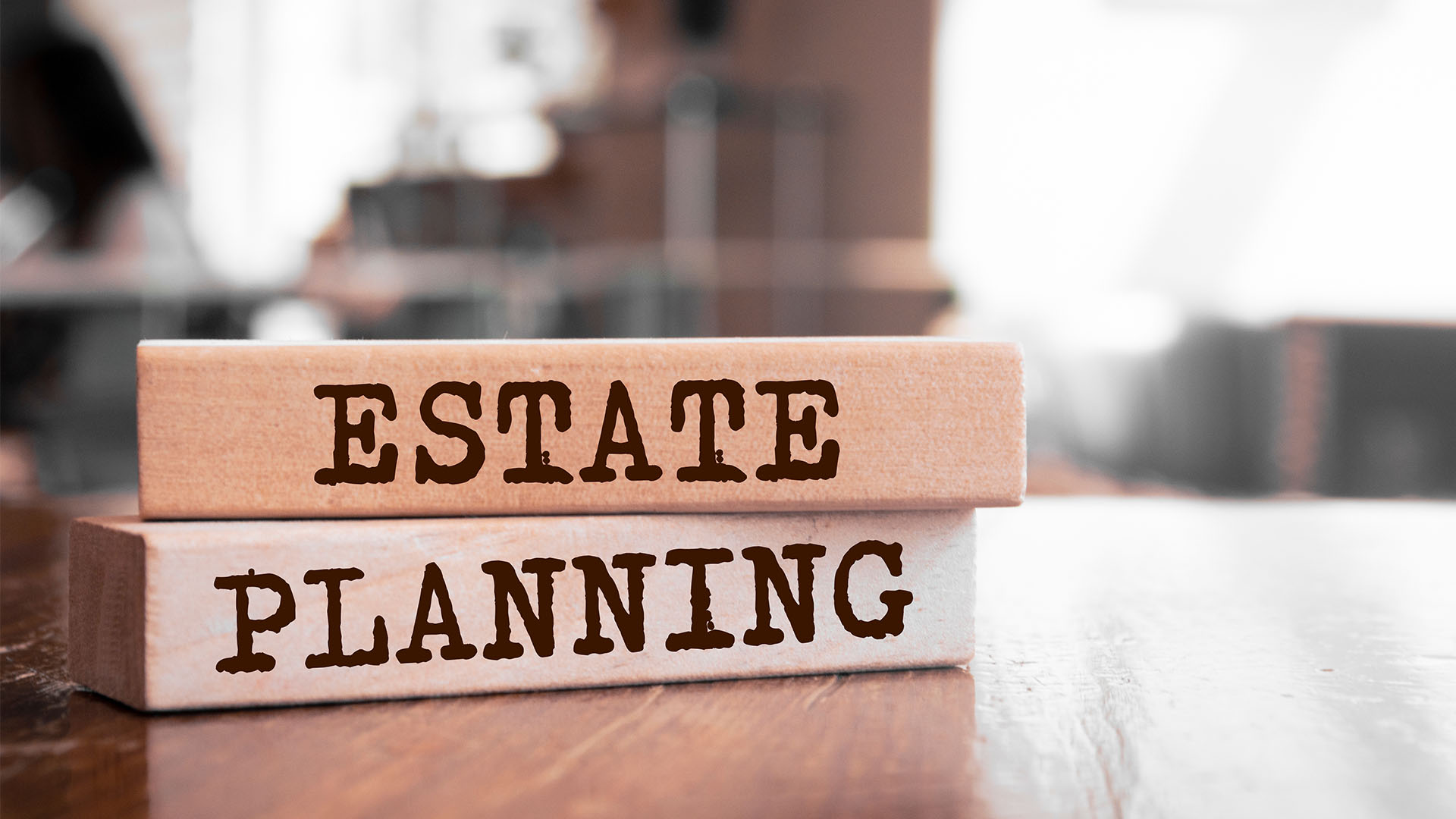Estate planning is crucial to securing the future and protecting the assets of your loved ones. In recent times, the proliferation of “do-it-yourself” (DIY) will kits and online services have offered seemingly convenient and cost-effective ways to create a will. However, while these DIY options appear accessible, they often harbor significant risks and limitations that can profoundly impact the efficacy and legality of an estate plan. It’s vital to understand the depth of the drawbacks associated with DIY wills when considering such an approach.
Complex Legalities and State-Specific Laws
Estate planning involves intricate legalities that vary from state to state. DIY will kits may not adequately address specific state laws or regulations. For instance, a DIY will kit may not explain to a drafter that Florida homestead laws place restrictions on how one can “devise” their residence if they have a spouse or minor children. Failure to adhere to these legal nuances can result in issues during probate, potentially rendering the will invalid or subject to legal challenges.
Lack of Customization and Tailoring
Generic DIY wills often follow a cookie-cutter template that doesn’t account for individual and unique circumstances. Estate planning is highly personal, and a one-size-fits-all approach may not adequately address complexities like blended families, special needs trusts, or specific asset distribution preferences.
Errors and Omissions Are Common
The creation of a will, regardless of its simplicity, demands precision and attention to detail. DIY wills, however, are more prone to mistakes due to the lack of professional oversight. Typos, incorrect clauses, or missing vital information can render the will partially or entirely invalid. This, in turn, can cause confusion and disputes among heirs or beneficiaries, potentially leading to legal battles. The most common mistake I see is a lack of necessary witnesses.
Lack of Comprehensive Estate Planning
While a will is a fundamental part of estate planning, it’s just one component in a larger structure. DIY solutions usually focus solely on will creation, often overlooking other essential elements like trusts, powers of attorney, or healthcare directives. Neglecting these crucial components can leave significant aspects of an estate unplanned or vulnerable to legal issues.
Potential for Disputes and Litigation
Inaccuracies, ambiguities, or non-compliance with legal requirements in a DIY will may result in disputes among heirs. These conflicts can lead to lengthy and costly legal battles, potentially diminishing the estate’s value and causing emotional strain on the family.
Why Professional Guidance is Essential
Seasoned estate planning attorneys possess the necessary legal expertise to craft a will that complies with state laws and is tailored to your specific needs and circumstances. Professionals can create an estate plan that accommodates unique family situations, assets, and intentions, ensuring clarity and minimizing potential disputes among beneficiaries. Finally, estate planning professionals consider a comprehensive range of elements beyond a will, ensuring that your entire estate is protected and distributed according to your precise wishes.
Despite the apparent convenience and affordability, the risks and limitations of DIY wills can significantly compromise the effectiveness and execution of an estate plan. Estate planning is a complex and highly personal process that demands the expertise and experience of professionals.
Seeking the guidance of an experienced estate planning attorney is imperative in crafting a robust and comprehensive estate plan that safeguards your legacy and minimizes the potential for disputes or legal challenges. Investing in professional assistance now can spare your loved ones from significant stress and uncertainty in the future. If you would like to consult with an experienced attorney on these issues and other legal matters, please give us a call at 386-257-1222.



